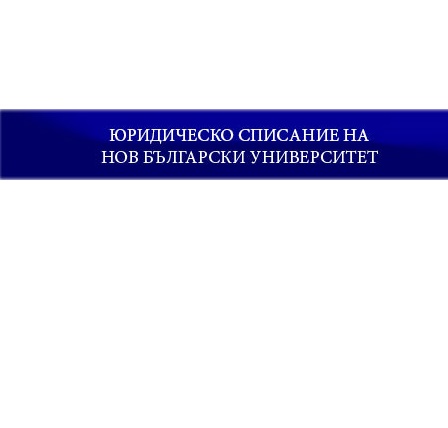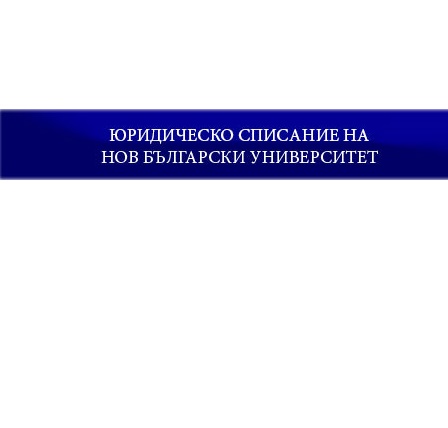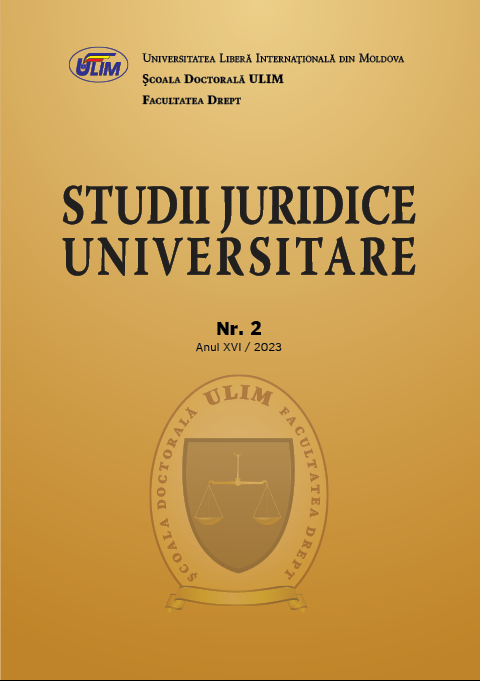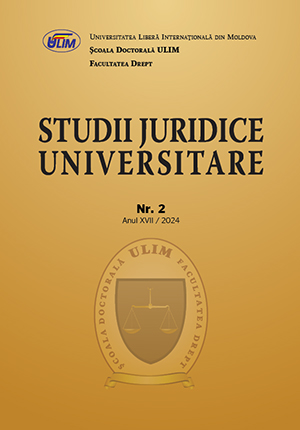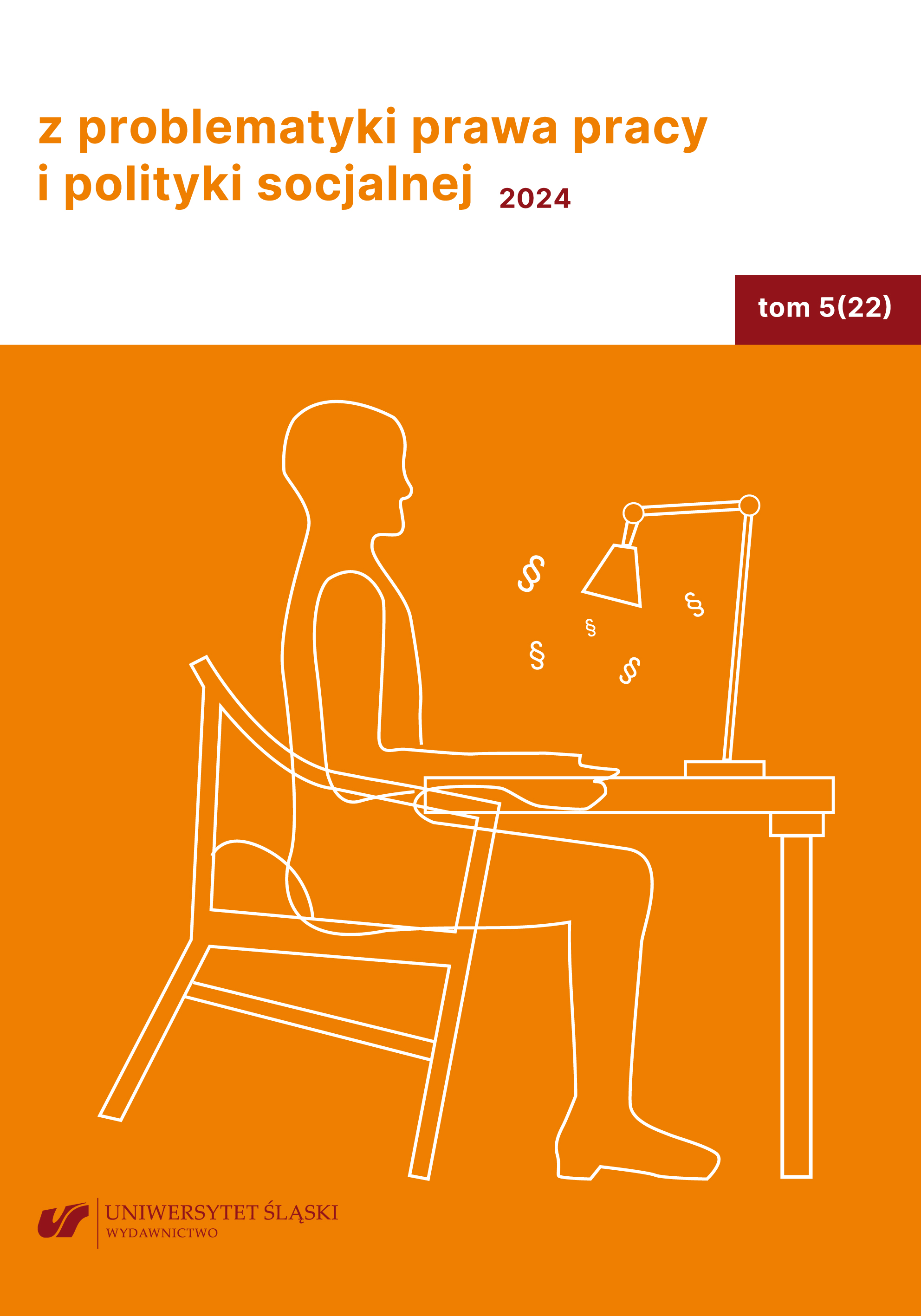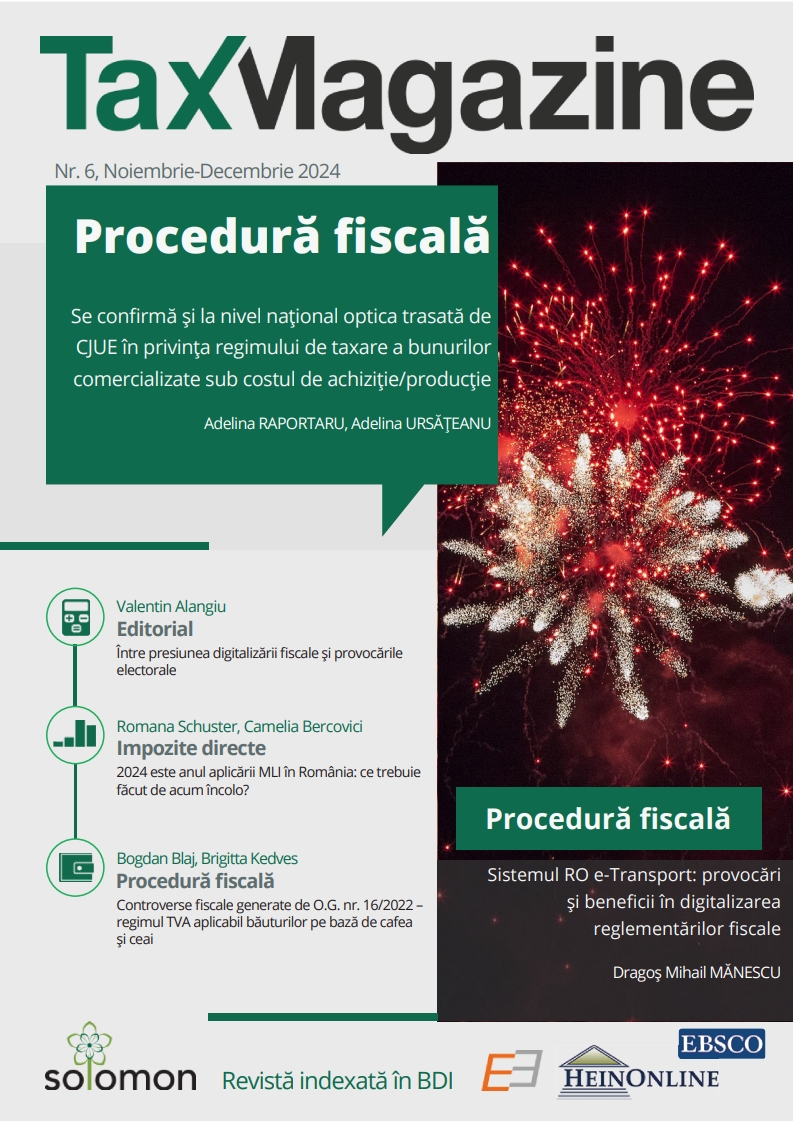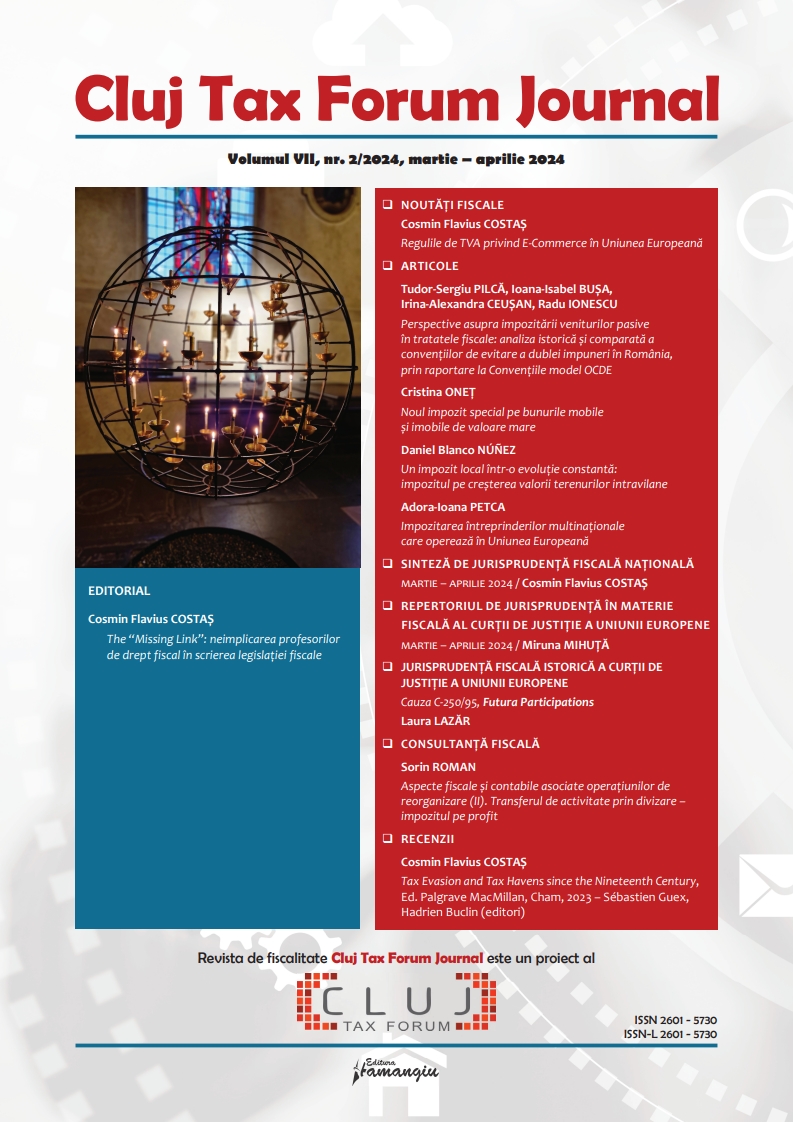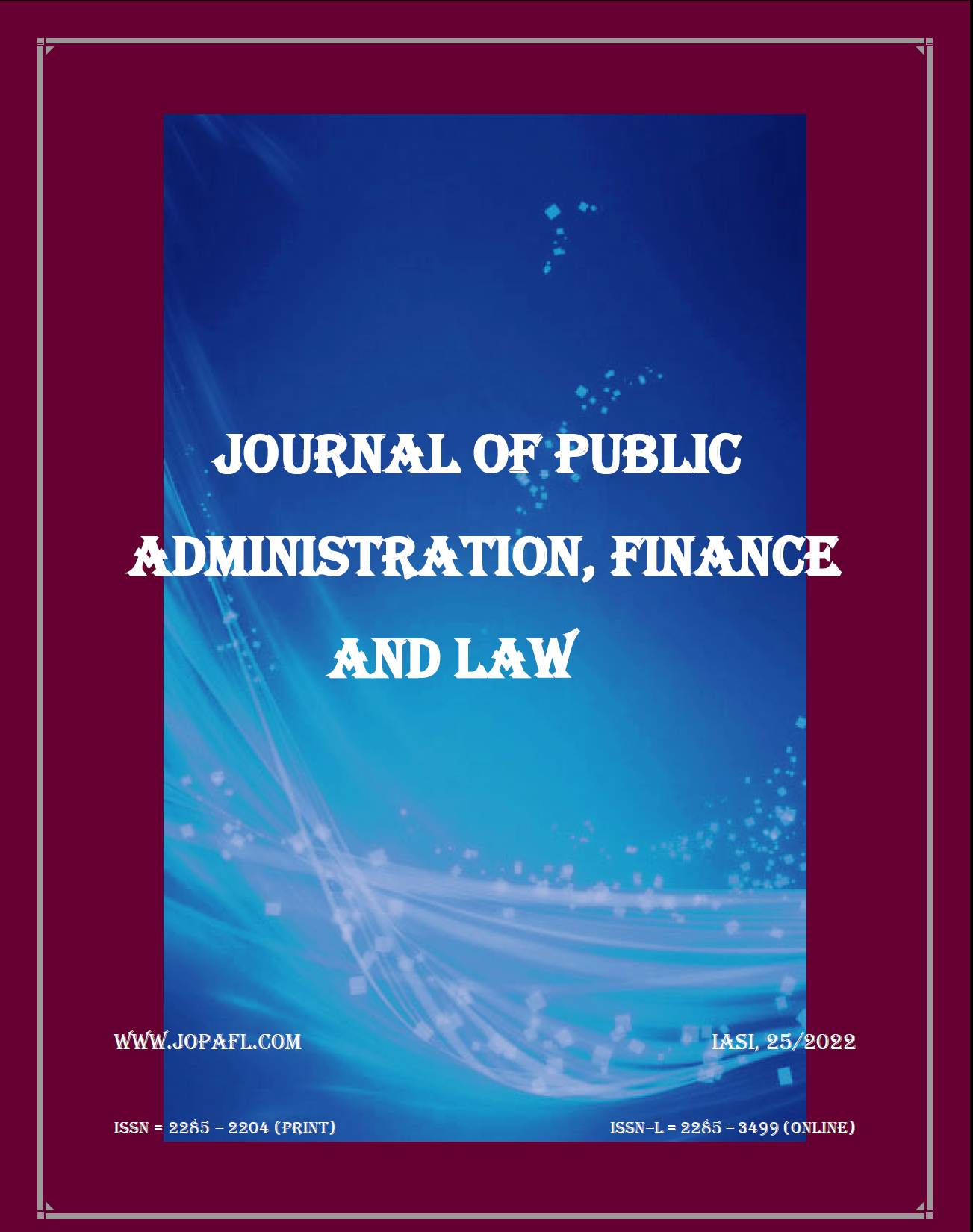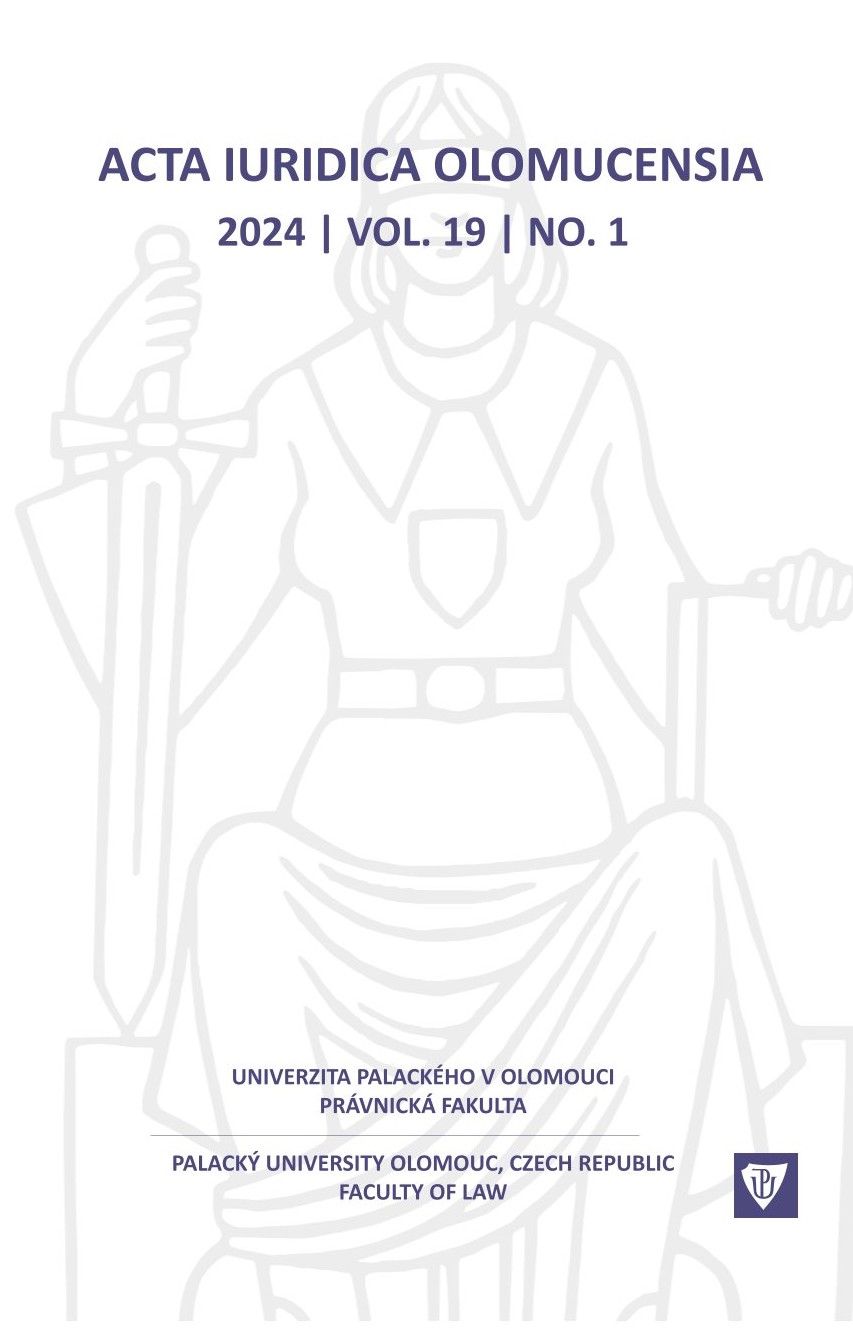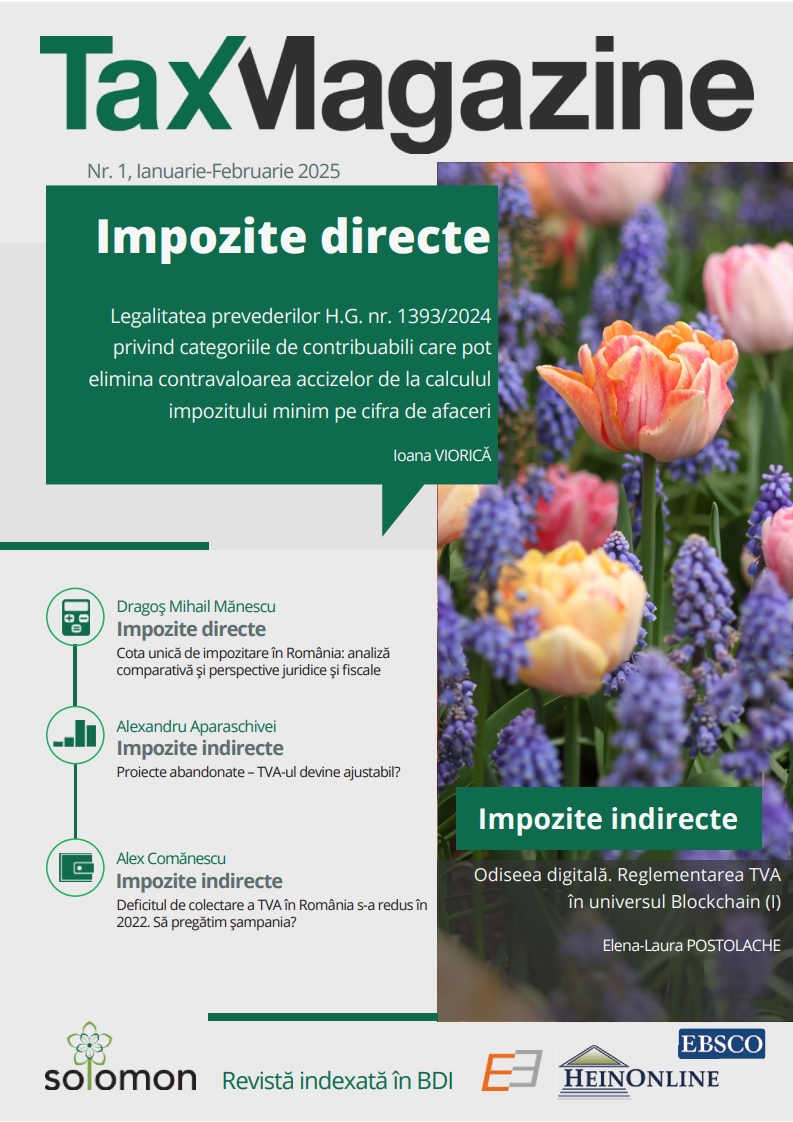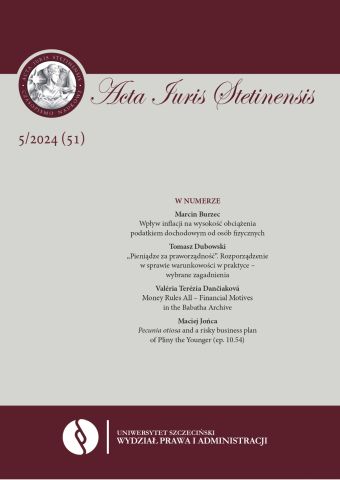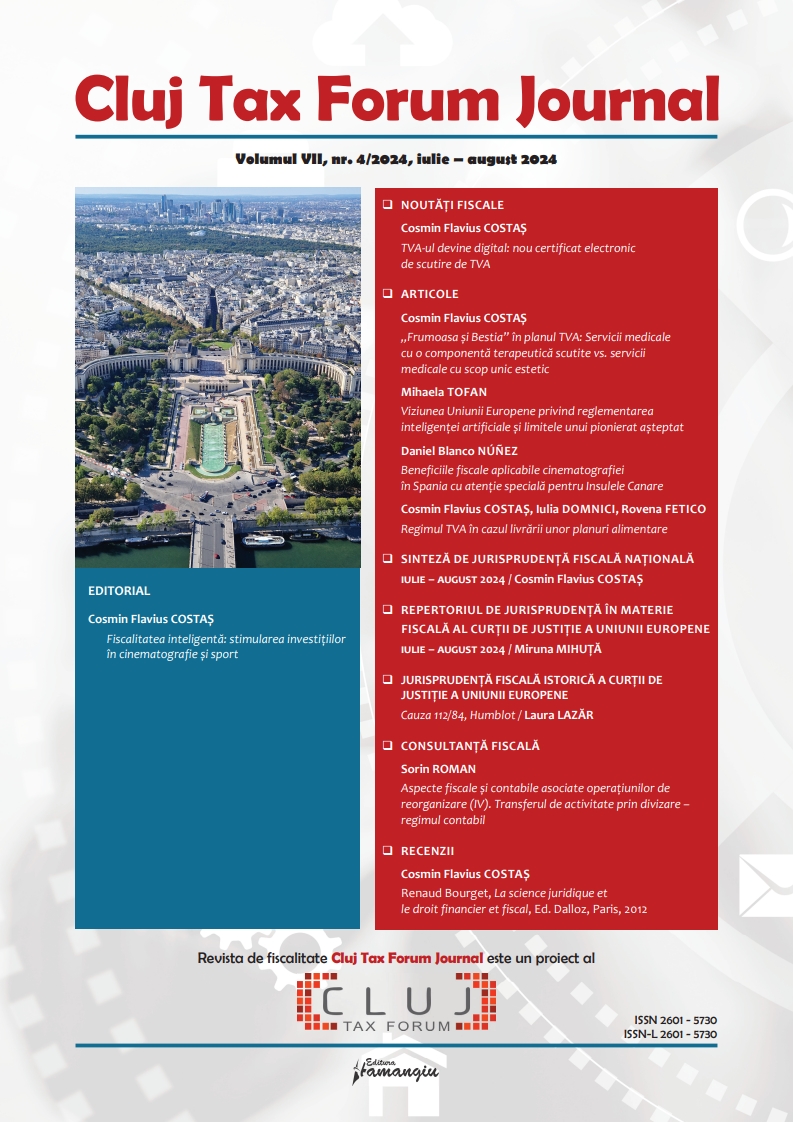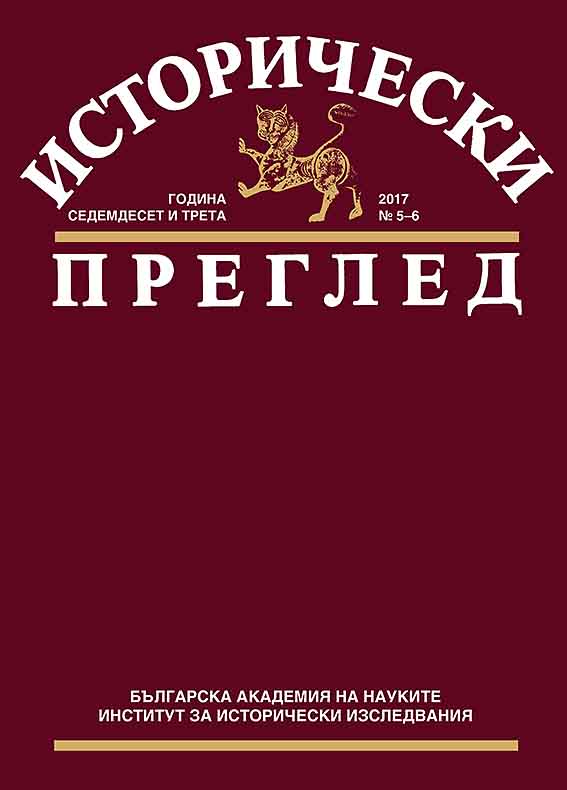
Нормативна уредба и организация на солодобива в Поморие за периода 1878–1951 година
The sea salt harvesting is a traditional livelihood in Pomorie. From 1878 when the rebuilding of the Bulgarian state started to 1951, when the salt-works became state property, two of the main tasks of the state and local regulations were the protection of the salt-works and the city from the strong sea storms and the improvement of salt production. In 1936 a situation was reached, which satisfied all participants in this economic activity. The established Pomorie Salt-Works Fund was a successful form of organization which was proven by the results achieved. It combined proper organization, professional management and good financing.
More...

